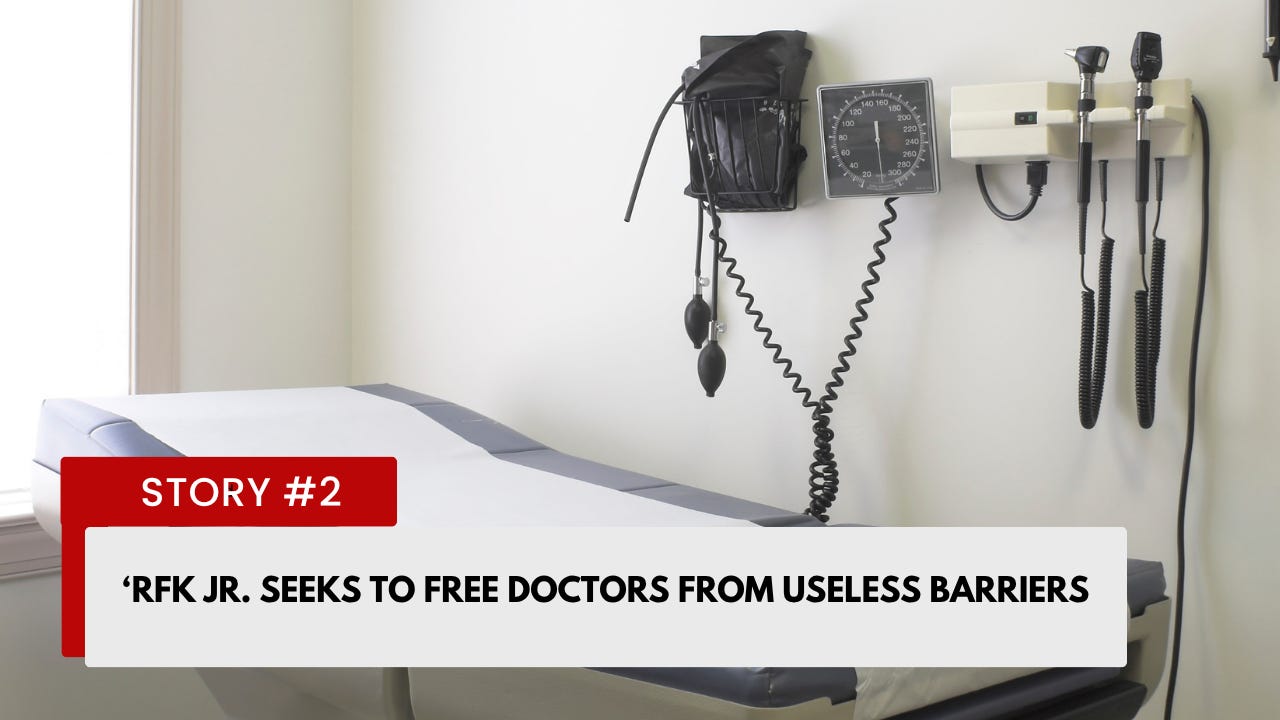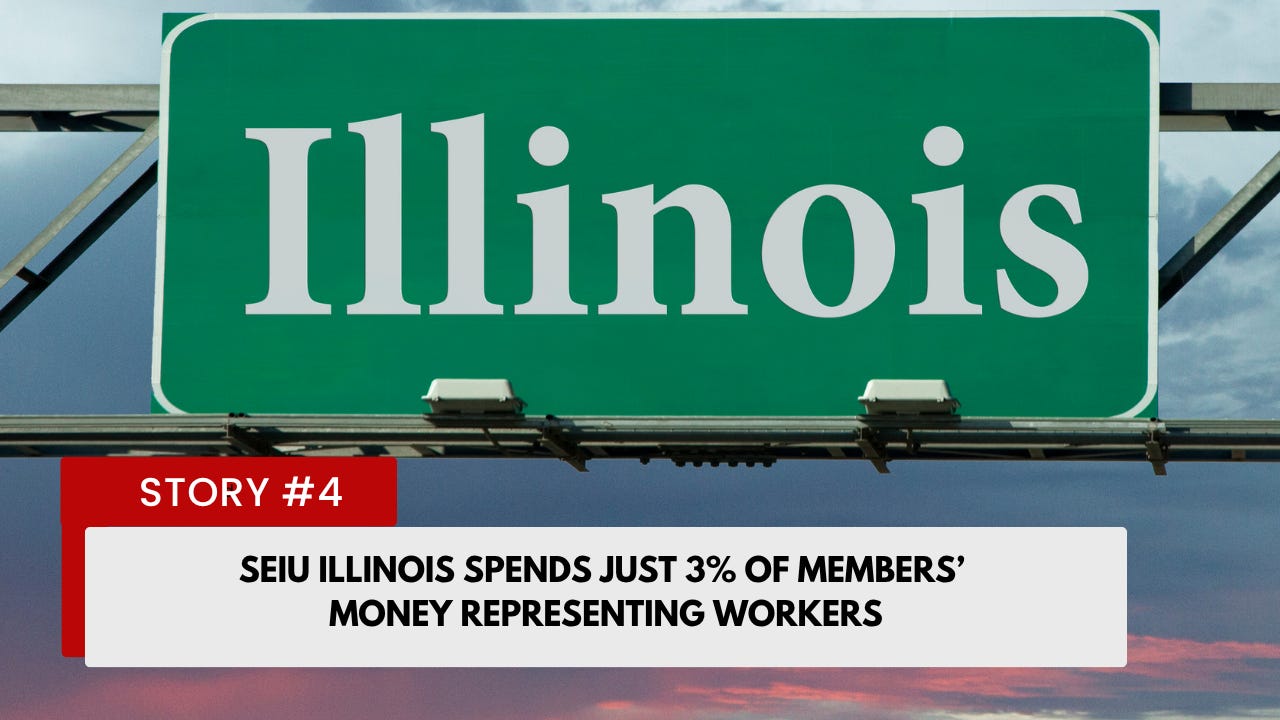

WASHINGTON D.C. - The Trump administration’s Department of Justice has announced that a federal grand jury indicted a Chinese company and three Chinese nationals for allegedly illegally importing equipment capable of producing millions of potentially lethal fake pills.
The indictment, unsealed on Monday, targeted CapsulCN International Co. Ltd. (CapsulCN) and Xiochuan “Ricky” Pan, 40, Tingyan “Monica” Yang, 37, and Xi “Inna” Chen, 30, all of whom were charged with smuggling, Controlled Substances Act, and money laundering offenses in connection with CapsulCN’s unlawful import and distribution of tableting machines (also known as “pill presses”), encapsulating machines, and counterfeit die molds.
“Over a quarter of a million Americans have died from a fentanyl overdose since 2018,” USA Facts notes. “During 2023, approximately 72,000, or nearly seven in 10, drug overdose deaths in the United States were estimated to involve illegally manufactured fentanyls (IMFs),” the CDC has reported. Click here to read more.

WASHINGTON D.C. - The Department of Health and Human Services is launching a review of unnecessary regulations slowing down the Food and Drug Administration.
“To Make America Healthy Again, we must free our doctors and caregivers to do what they do best—prevent and treat chronic disease,” HHS Secretary Robert F. Kennedy said Tuesday morning. “We cannot allow their time and talent to be wasted on bureaucratic red tape and paperwork.”
HHS and the FDA are pursuing a public Request for Information to identify and eliminate outdated or unnecessary regulations.
The move implements President Donald Trump’s executive order “Unleashing Prosperity Through Deregulation,” which required every federal agency issuing a regulation to identify 10 potential regulations for recission, or to be eliminated and overturned.
HHS will implement the “10-to-1” deregulatory policy, as well as a regulatory cost cap, meaning the total cost of all new regulations in fiscal year 2025 must be significantly less than zero. Click here to read more.

LANSING, Mich - LANSING, Mich. – Michigan’s Department of Natural Resources (DNR) had big plans this summer with their “Canada Goose Program”: euthanize thousands of Canada geese using portable gas chambers. But after a wave of public outcry and some brutal headlines, the DNR is putting the brakes on its bird-killing program – at least temporarily.
The original plan? Capture and euthanize geese at Belle Isle and other Michigan sites by placing them in portable carbon dioxide chambers – with their dead bodies going to landfills. The rationale was simple: too many geese, too much poop. Their presence has allegedly wreaked havoc on water quality, parks, and delicate suburban sensibilities.
DNR officials said they were responding to a flood of complaints about aggressive behavior and unsanitary messes left by the geese.
The method of choice – carbon dioxide gas – sparked particular outrage. Critics compared it to a horror scene from a dystopian animal control manual. Many media outlets in Michigan wrote stories about the impending euthanasia, petitions started circulating, and the internet did what it does best: absolutely melt down. Click here to read more.

The Service Employees International Union Illinois State Council took in over $3 million in member dues in 2024 but just 3% of its spending was on representing workers.
Shouldn’t representing members be the main thing a union spends member money on?
The SEIU Illinois State Council is divided into local affiliates: SEIU Healthcare, SEIU Local 1 and SEIU Local 73. If a worker is a member of one of those locals, he or she is automatically a member of the state affiliate.
And while members pay dues to their local affiliates, they are also funding the SEIU Illinois State Council. The state council took in over $3 million in member dues in 2024.
So, if the SEIU Illinois State Council isn’t spending its members’ money on representation, how is it spending it?
On politics.
In fact, it spent nearly 26 times more on politics and contributions than it did on representing workers in 2024.
That could be why tens of thousands of workers represented by SEIU are choosing not to be members. Interested in opting out of the union? Here’s what you need to know. Click here to read more.

Within an hour, a USCCA attorney called to represent him.
But after Huston was arrested and charged with attempted murder, he says the USCCA lawyer told him the case was a difficult one and advised him to plead guilty to a lesser charge. He went out and found a new lawyer, who got the charges dismissed. Even though USCCA also paid for the new lawyer, Huston quit his membership shortly after the two-year legal saga ended.
“I knew I was innocent—there was no way I was going to take a guilty plea,” said Huston, a 49-year old disabled Air Force veteran.
The number of Americans buying self-defense insurance—dubbed “murder insurance” by critics who believe it can encourage the use of deadly force—has soared in recent years.
About two million people have signed up, according to industry executives, some of whom estimate their membership has doubled in the past five years.
The insurers offer a range of services, including bail and criminal-defense lawyers. Some also cover the cost of litigating civil lawsuits brought by victims of the shootings.
The policies aren’t limited to shooting incidents; most companies will cover a member charged with other crimes, such as threatening somebody with a gun, so long as there’s a plausible self-defense claim.
Many companies offer upgraded plans that can include crime-scene cleanup costs (in-home or vehicle), TSA-violation expenses, accidental-discharge costs and coverage for spouses and minor children. Click here to read more.



















